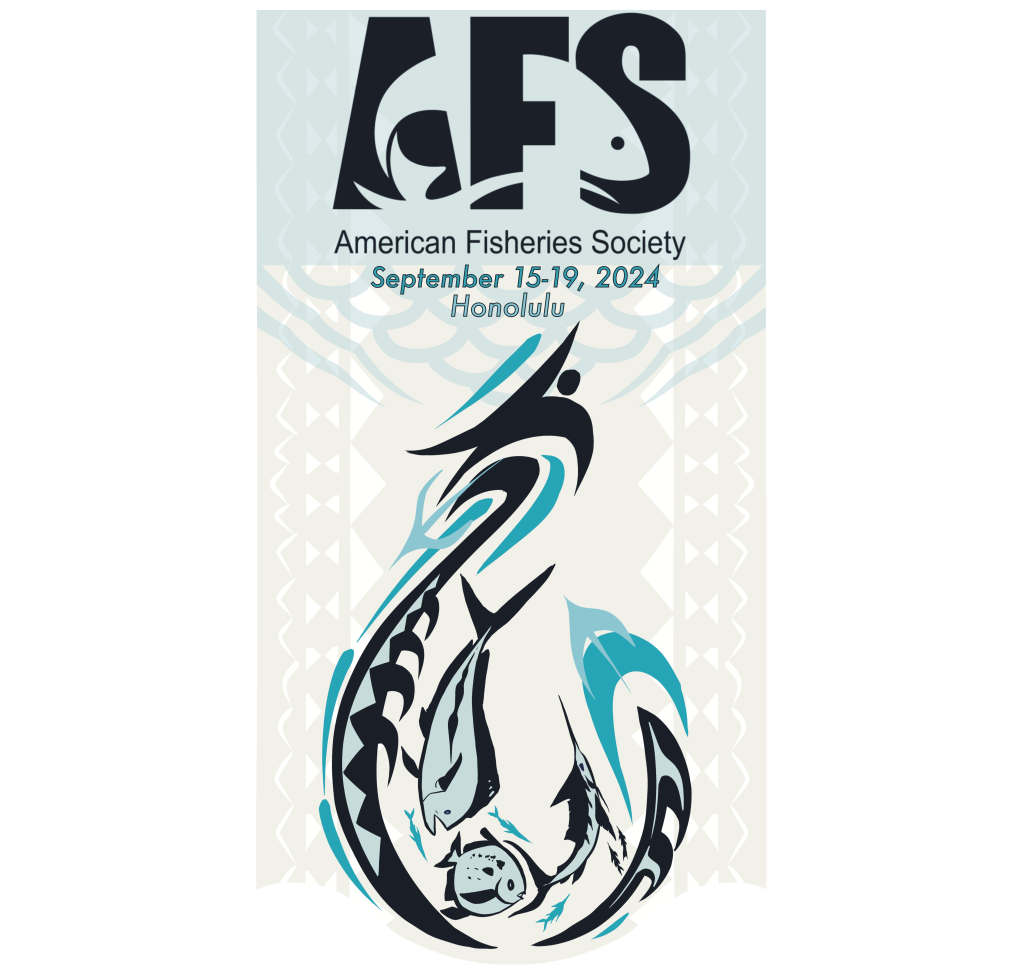In the U.S. Gulf of Mexico, the knowledge, expertise, and active engagement of fishermen has improved scientific understanding and successful management of the region’s diverse fisheries. This session will highlight the historic and current landscape of collaborative science in the Gulf of Mexico and involve a panel of scientists and anglers. A series of lightning talks and panel will discuss angler-based tagging programs, such as Tag Alabama, which involves more than 200 recreational and for-hire anglers tagging more than 11,000 fish to understand population dynamics and movement, co-produced research that integrates social science with field-based surveys to characterize shore-based fishing outcomes and angler satisfaction, and collaborative hatchery programs that leverage fishing tournaments for broodstock collection, among others. Panelists will also discuss key motivations and barriers to collaborative science, challenges of integrating co-produced data into current fisheries assessments, as well as potential opportunities for greater co-management in fisheries.
Organizer: Steven Scyphers, University of South Alabama, [email protected]
Co-organizer: Sean Powers
Supported by: University of South Alabama Stokes School of Marine & Environmental Sciences
